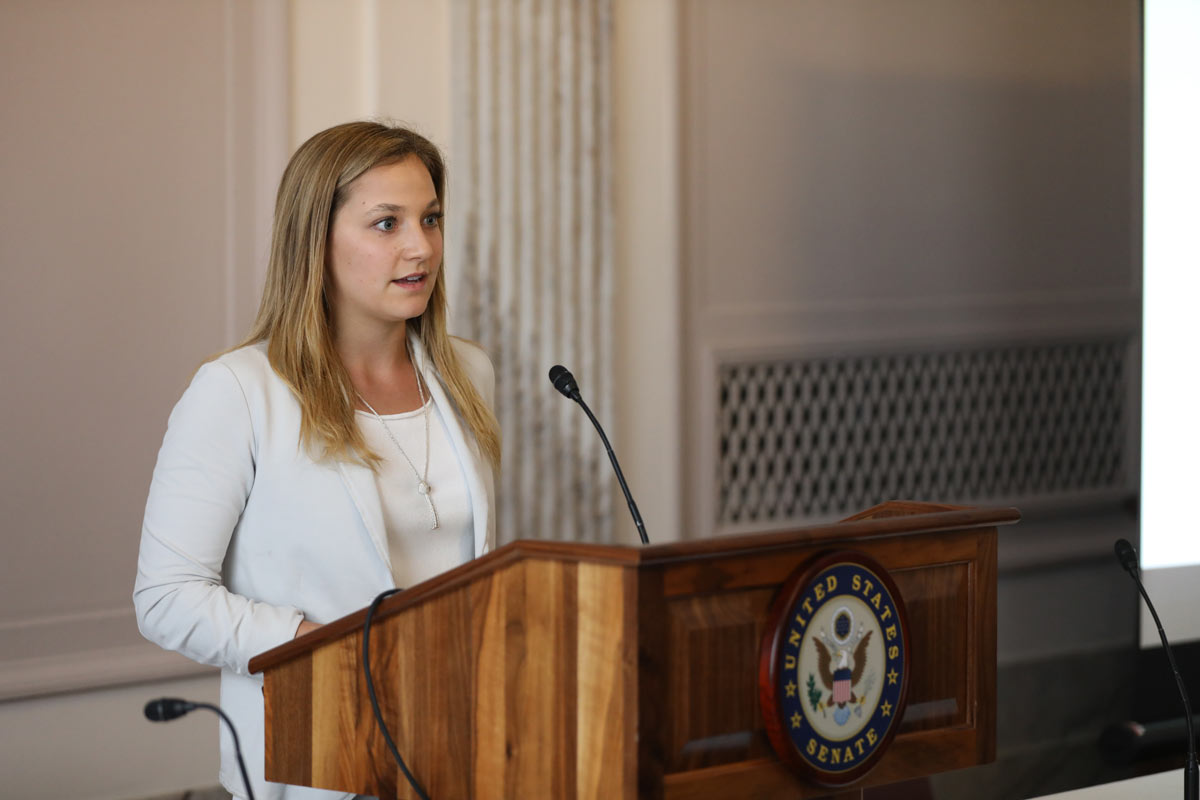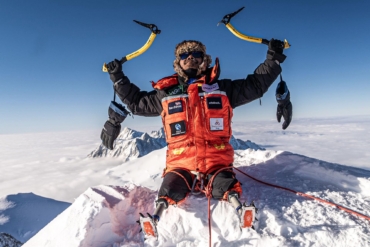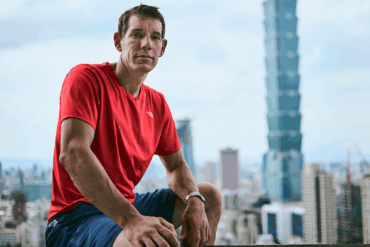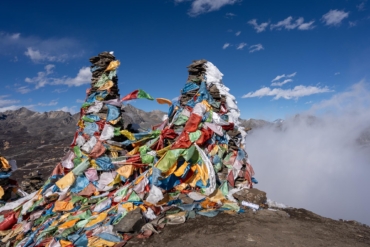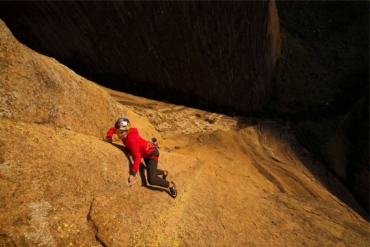Last week, Sasha DiGiulian was one of 60 climbers who gathered in Washington, D.C., to appeal to lawmakers on several issues that representatives of the growing sport care about most.
The annual Climb the Hill event brings together some of climbing’s top voices through the sport’s advocacy organizations, the American Alpine Club and Access Fund.
This year, climbing advocates used the three-day event to speak one-on-one with lawmakers. They covered the importance of public lands to the climbing community, the Antiquities Act and Bears Ears National Monument, and why a strong recreation economy matters in America.
There are more than 6.7 million climbers in the U.S. An estimated 60 percent of climbing takes place on rock in an outdoor environment.
Over the course of three days, Climb the Hill participants worked in teams to communicate with 60 congressional offices. Thirty meetings included members of Congress. They also met with senior staff from the U.S. Forest Service and the National Park Service.
A standing-room-only reception concluded the rally with ski mountaineer Caroline Gleich and climbers Tommy Caldwell, Alex Honnold, Sasha DiGiulian, and Majka Burhardt sharing their personal and professional connections to public land.
‘Climb The Hill’ Messages to the Everyday Climber
We caught up with world-champion climber Sasha DiGiulian, who spoke at the event, on her top takeaways. But what we really wanted to know is: Now what?
“The first step towards making a difference is showing up,” she said. “I plan to be more vocal amidst the people that I know in Washington and to participate in more activism with the Access Fund and American Alpine Club.”
DiGiulian called the atmosphere on Capitol Hill moving. “Everyone who was there to advocate for our lands shared this passion for climbing and the outdoors and chose to be there to make a difference. I felt really proud of our community.”
Climbers Advocate for Public Land Access

The Climb The Hill event organized climbers into teams to meet with senators and representatives from different regions of the U.S, followed by a Senate hearing.
“We shared stories and our personal connection to why we want to protect our spaces,” DiGiulian said. “I believe heavily in conservation because the outdoors is my playground. I see the significance of our earth and our lands largely because of my relationship with climbing. It was very clear that the outdoors has such a kinetic tie, and it was inspiring to feel that energy.”
Climbers are among several groups of outdoor enthusiasts actively lobbying Washington to protect access to public lands. Other groups like Backcountry Hunters and Anglers are also actively fighting to keep public lands accessible.
Last month, Patagonia founder Yvon Chouinard met with the hunting and fishing organization, touting togetherness in the fight for public lands access.
DiGiulian said everyday climbers can take a moment to inspire change at home. Self-educating is a good place to start. “Be aware of what is going on in government legislature, be vocal about what you support and do not support, and be responsible stewards of our community and environment,” she said.
Growth in the sport of climbing will help the cause too. “There are more climbers than ever before,” DiGiulian said. “As more people become climbers, I am hopeful that more of these connections with the outdoors will form organically.”
